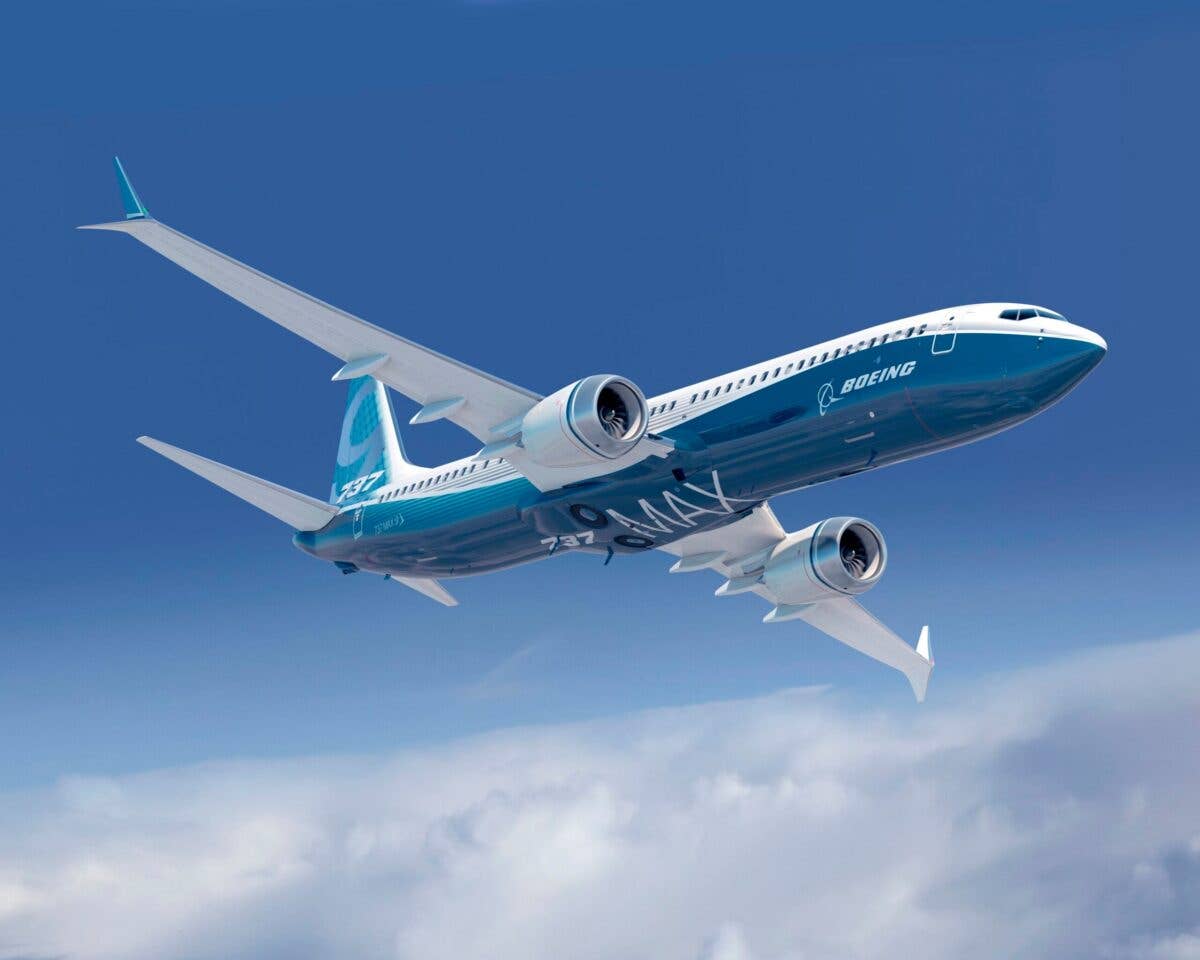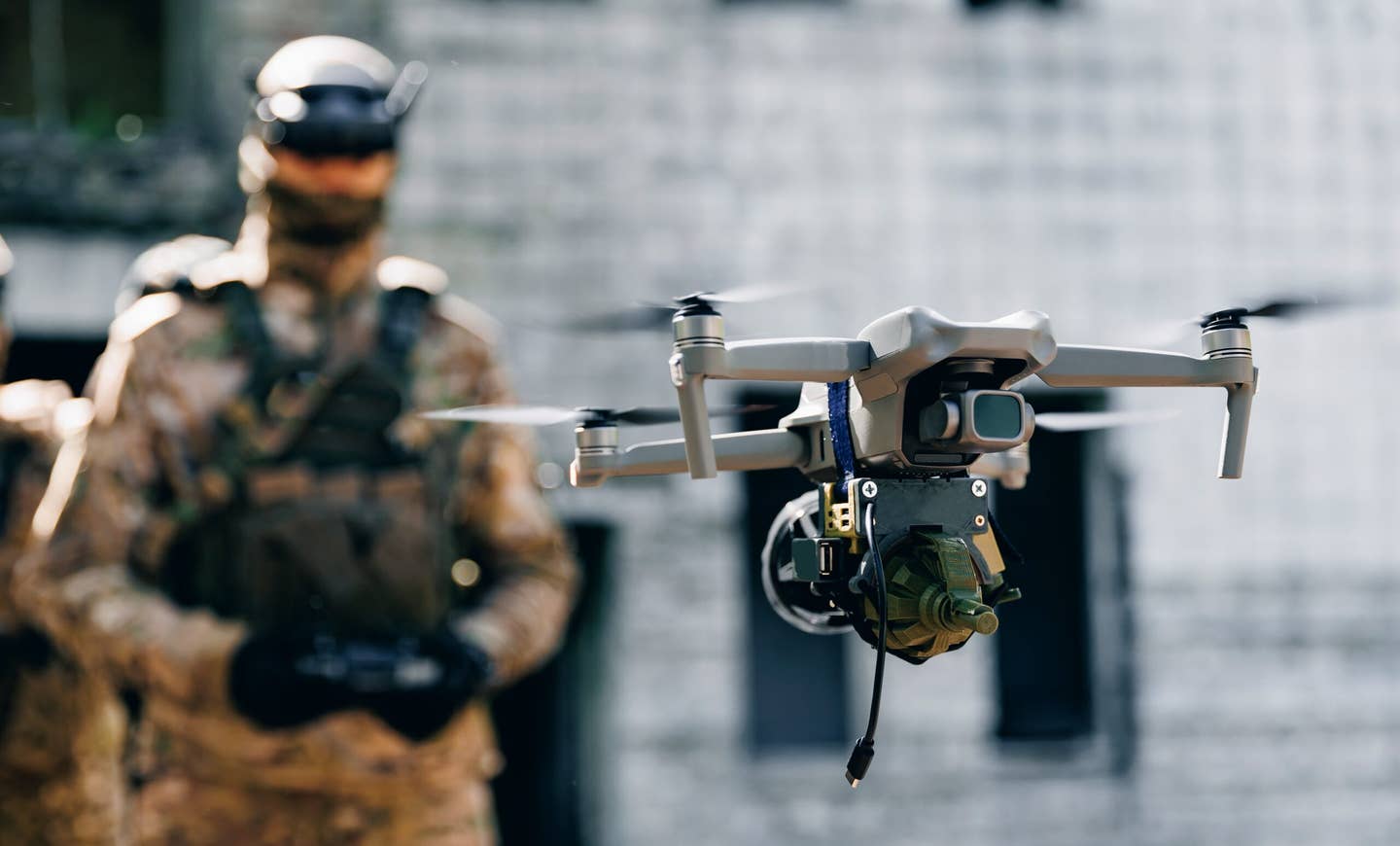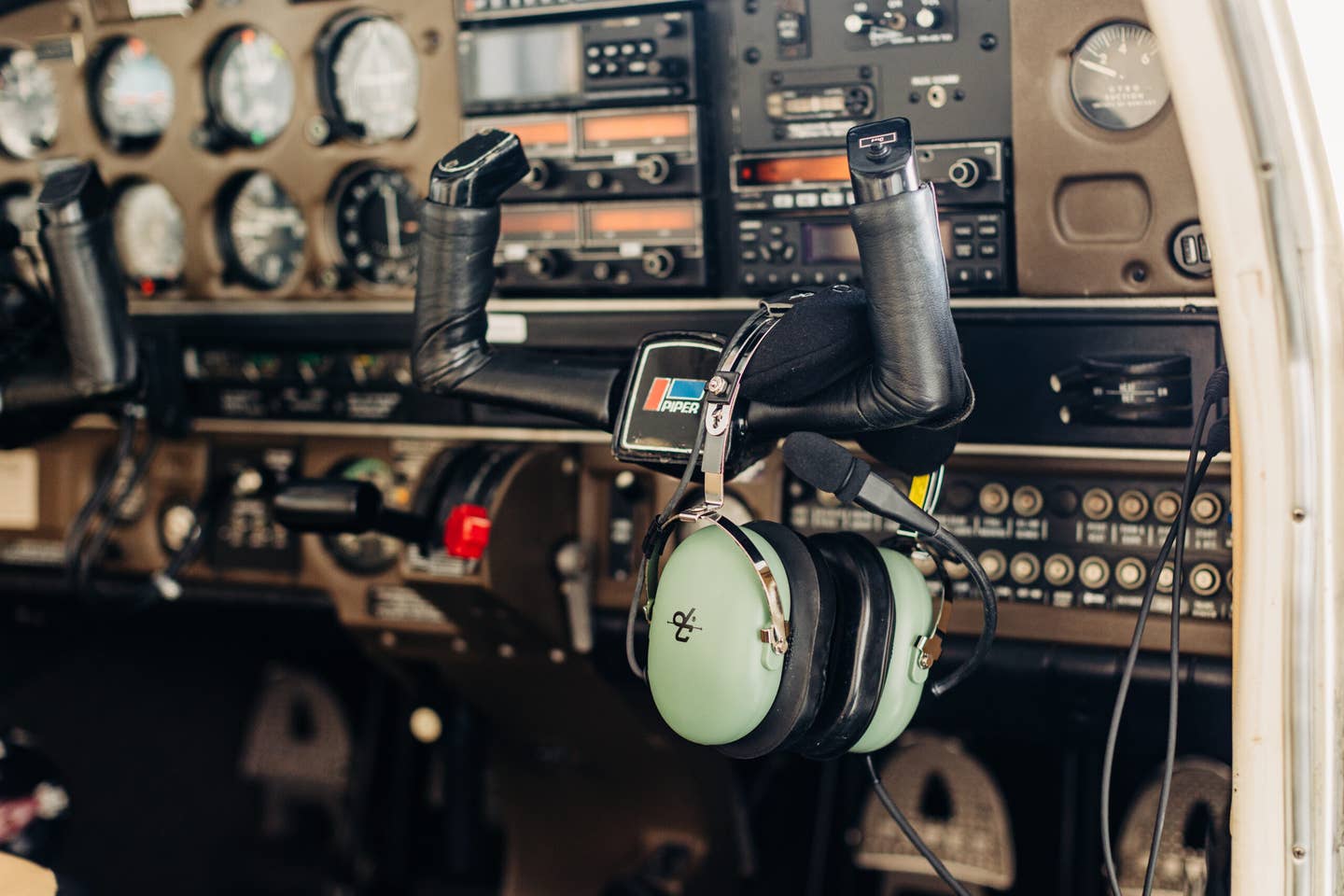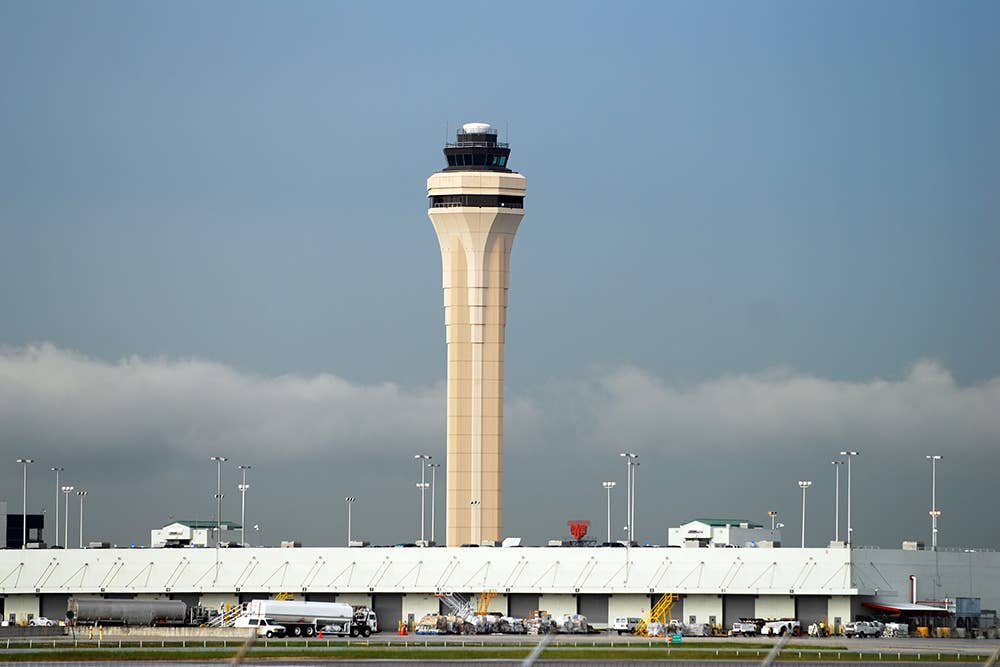DOJ Accuses Boeing of Violating 737 Max Crash Agreement
Aerospace giant has until June 13 to respond to the government’s allegation it failed to make required safety changes and could face criminal charges.

Boeing 737 Max. [Courtesy: Boeing]
More trouble is on approach for Boeing as, according to the U.S. Department of Justice, the aircraft manufacturer violated terms of a settlement that allowed it to avoid criminal prosecution after 737 Max crashes in 2018 and 2019.
The crashes—Lion Air Flight 610 in October 2018, and Ethiopian Airlines Flight 302 in March 2019—killed 346 people.
In January 2021, Boeing entered into a $2.5 billion settlement to avoid prosecution on a charge of fraud for misleading federal regulators who approved the aircraft for operations. On Tuesday, DOJ officials told a federal judge that Boeing had failed to make safety changes called for in the agreement.
The crashes were blamed in part on the aircraft's maneuvering characteristics augmentation system (MCAS), a new automated flight control system. The pilots had not been informed that the system had been installed on the aircraft nor were they trained on its use. Shortly after takeoff, the MCAS activated and pushed the nose of the jet down in an unrecoverable dive.
After the second crash, the FAA ordered an immediate grounding of the 737 Max.
During the investigation, Boeing downplayed the role of the MCAS, then later blamed two employees for misleading the FAA on the MCAS prior to certification.
During negotiations, the government agreed not to prosecute the aerospace manufacturer on a charge of defrauding the United States by deceiving authorities about the flight system. The agreement shielding Boeing from prosecution was contingent on the company developing and implementing policies and programs to improve its safety culture, quality assurance, and compliance programs.
According to the Seattle Times, the settlement also included a $243.6 million fine, $500 million fund for victim compensation, and nearly $1.8 billion to airlines whose Max jets were grounded for nearly two years.
Boeing was given three years to develop and apply the programs and had to prove it had made the changes. The deadline was the second week of January—days after a midair blowout of a door plug on Alaska Airlines Flight 1282, a Boeing 737-9 Max. No one was seriously hurt in that event, although several lawsuits have been filed on behalf of the passengers.
“We can confirm that we received a communication…from the Justice Department, stating that the department has made a determination that we have not met our obligations under our 2021 deferred prosecution agreement, and requesting the company's response," a spokesperson for Boeing told FLYING. "We believe that we have honored the terms of that agreement and look forward to the opportunity to respond to the department on this issue. As we do so, we will engage with the department with the utmost transparency, as we have throughout the entire term of the agreement, including in response to their questions following the Alaska Airlines 1282 accident.”
Meanwhile, family members of the 346 crash victims are hoping Tuesday's development will open the door for prosecution against Boeing.
Boeing has until June 13 to respond to the government's allegation, at which time the Justice Department will decide if prosecution should be pursued.

Sign-up for newsletters & special offers!
Get the latest FLYING stories & special offers delivered directly to your inbox






